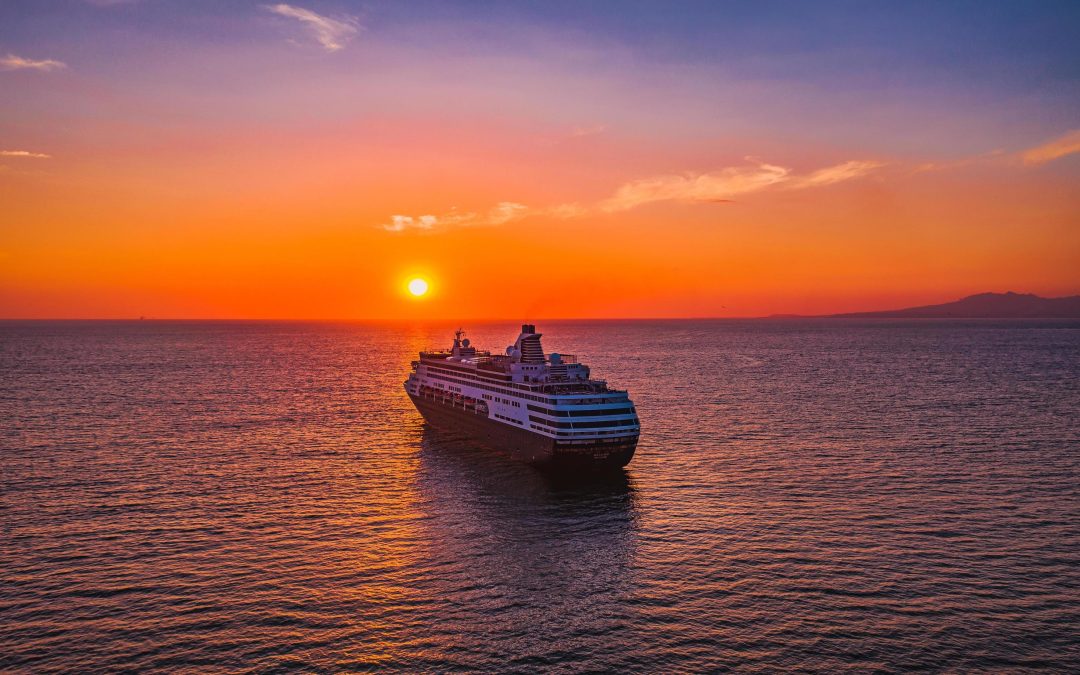Peninsula plans to ramp up supplies of LNG and biofuels to shipping companies this decade before offering novel marine fuels like sustainable methanol, its chief operating officer, Kenny MacLean, said as the marine fuel industry kickstarts a low-carbon transition.
A growing number of bunker suppliers have started to formulate decarbonization strategies for their product offerings, driven by changing requirements from their customers amid pressure from regulators and eco-conscious cargo owners.
With bunker sales amounting to 18 million mt/year, Peninsula has focused on introducing LNG and bioblends into its bunker mix in Europe and beyond for the moment, MacLean said.
“We are actively supplying biofuel and LNG,” MacLean said.
Many shipping professionals said the two fuels could be the most popular alternatives to conventional oil-based fuels before 2030 at least, with relatively high availability compared to emerging low-carbon fuels.
Analysts at S&P Global Commodity Insights expect biobunker demand to grow to 0.15 Ej in 2030 from 0.04 Ej in 2024, and LNG bunker demand to 0.58 Ej from 0.19 Ej in the same period.
The forecast demand expansion has come as the International Maritime Organization, the UN agency tasked with regulating cross-border shipping, is aiming to cut life-cycle greenhouse gas emissions from international shipping by 20%-30% by 2030 against 2008 levels. The reduction target is 70%-80% by 2040 before transitioning to net-zero shipping close to 2050.
Amid an industry-wide decarbonization drive, MacLean said LNG and biofuels would “comfortably” make up 5%-10% of its bunker sales by 2030.
Peninsula operates over 50 barges in over 25 physical supply hubs across the globe, which are being and will continue to be upgraded to meet tightening regulations and supply alternative fuels.
“There will be more pressure on bunker suppliers to upgrade their fleets,” MacLean said. “We’re very committed to a newbuilding program.”
Expanding business
Peninsula has been operating the 12,500-cu m LNG bunker ship Levante LNG in West Mediterranean since 2023, supplying cruise line Royal Caribbean Group as well as other ship operators.
Peninsula and Scale Gas, Spanish midstream player Enagas’ subsidiary, jointly own the ship and can access LNG supplies from Enagas plants.
“We’re actually a member of the Spanish gas system … In terms of the supply side, it’s a very privileged position,” MacLean said.
Looking ahead, a second bunker ship with 18,000 cu m is scheduled to join Peninsula’s fleet in 2027, and CEO John A. Bassadone’s Hercules Tanker Management could order one more for Peninsula.
MacLean said bio-LNG demand is currently limited due to its high premium to fossil LNG, but that Peninsula could start supplying the low-carbon fuel as its demand is expected to increase amid tightening regulations on GHG emissions.
Since earlier this decade, Peninsula has been providing biobunker fuels in refueling hubs like Singapore and Zeebrugge, mainly comprising bioblends.
MacLean said the most common grades are in the B20 to B30 range, containing 20%-30% biocomponents, with the remainder being conventional fuels. Meanwhile, super yacht owners have shown strong interest in B100.
Biofuels could be sufficient to help shipping companies meet the initial IMO decarbonization target for 2030, but the industry is unlikely to rely on them for full decarbonization due to limited feedstocks and fuel competition from other transport sectors, some industry participants said.
“For the foreseeable future, I think there’s enough out there to service requirements in the maritime industry,” MacLean said. “But of course, I don’t think anyone can really look to 2040, 2050 at this point and say whether there will be enough biofuels to meet higher blend demand.”
Long-term plans
Looking ahead, Peninsula could play a “huge role” in bridging the gap between shipping companies and sustainable fuel producers, according to MacLean.
Project developers for “green” methanol and ammonia production plants generally require long-term offtake agreements that could last at least five to 10 years, but ship operatorshave long been accustomed to spot bunker purchases, market players said.
Currently, Peninsula is developing ammonia bunkering with Japanese trader Itochu in Spainand working with an unnamed major producer on methanol supplyas marine fuel, according to MacLean.
With more new plants expected to come online post-2030, MacLean said Peninsula would be capable of committing to term purchases from producers if it can aggregate demand from bunker users.
“We are able, because we’ve got a very large capital base to take some calculated risks with regard to offtake agreements … [But] we obviously need committed demand from the customer side to do so,” MacLean said. “It’s a very interesting environment that we’ll move into in the future, but that’s not going to be an issue for at least the next five to eight years.”
Source: Platts




